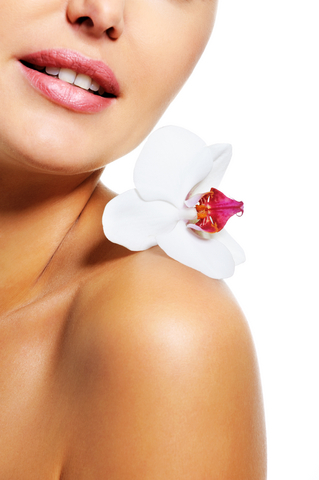When it comes to skin care, Vitamin E doesn’t receive the same kind of fanfare that accompanies other vitamin ingredients such as Vitamin C, Vitamin K and now Vitamin B. However, Vitamin E (made up of 8 different components known as tocopherols – alpha, beta, gamma and delta and tocotrienols – alpha, beta, gamma and delta) is an important ingredient in maintaining healthy skin.
A fat soluble vitamin, Vitamin E is a potent antioxidant in the human body whose job it is to protect lipids (fats) from free radical damage. It works when taken both orally or delivered topically. It is well absorbed into skin and when applied to it, Vitamin E has been shown to:
- Fight free radical damage on the skin upon exposure to UV rays and other sources of free radical damage
- Increase the efficacy of sunscreen filters
- Protect skin from UV damage thereby reducing the severity of sunburn
- Strengthen the skin’s barrier system by preventing water loss
- Protect the skin’s lipid (fat) layer thereby helping to protect cellular membranes
Vitamin E Sources
Vitamin E may be obtained naturally (wheat germ, vegetable oils) or synthesized in a lab. The natural form demonstrates greater potency, but both forms contain antioxidant activity. Some companies have been using the tocotrienol component (alpha-toctrienol, beta-toctrienol, gamma-tocotrienol or delta-tocotrienol) of Vitamin E in skin care formulations as research shows that these components may exhibit greater antioxidant activity. However, much of the research done on tocotrienols has been conducted with oral ingestion. Whether this will be relevant to topical application remains to be seen.
Vitamin E and Scars
Vitamin E is often touted as a remedy for scars, but the truth is that there is no data to support this assumption. In fact, one study showed that its application may actually be detrimental to the cosmetic appearance of scars.
You can find Vitamin E in a range of skin care products including Reversa Antioxidant Booster Serum, many Reversa products.



